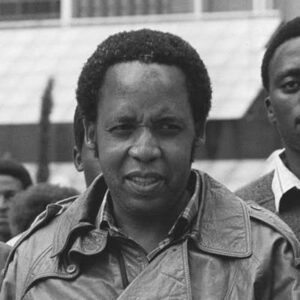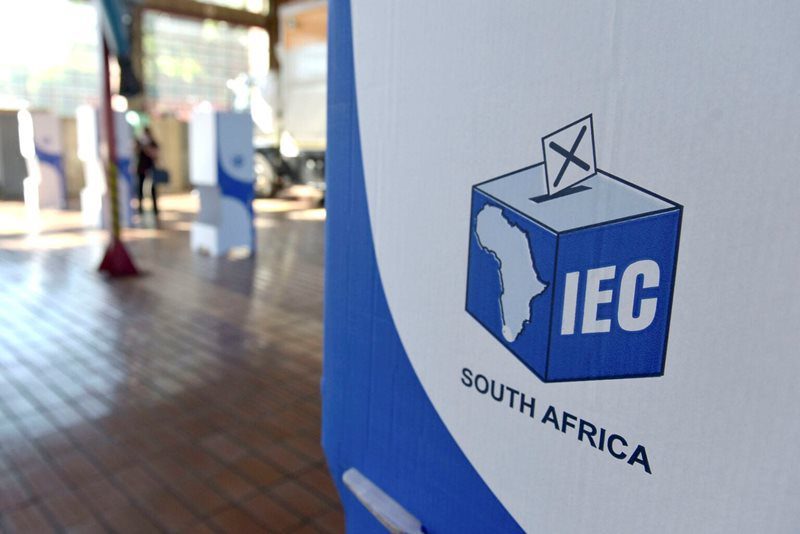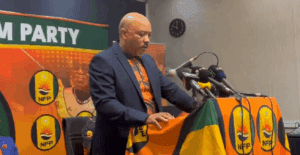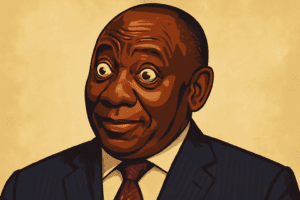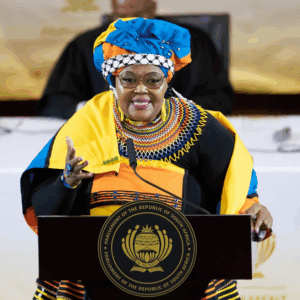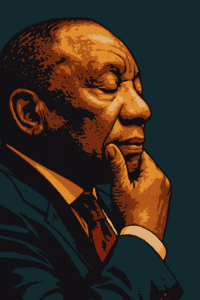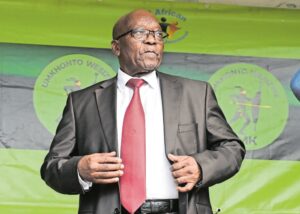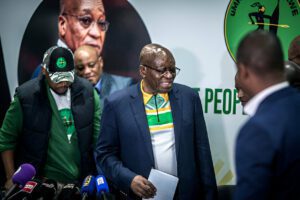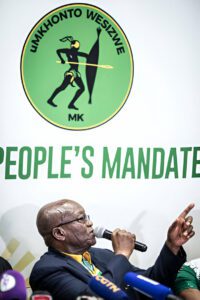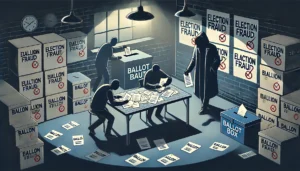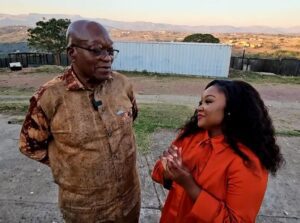Jacob Zuma’s MK party has been issuing increasingly aggressive threats of chaos should their demands not be met in the upcoming elections. This season, they are not alone in facing accusations of employing intimidation tactics. Despite this, the Independent Electoral Commission (IEC) has remained notably silent on the issue.
“Die Cyril, die!”
“We are sending a loud and clear message to the ANC that if these courts, which are sometimes captured, if they stop MK, there will be anarchy in this country. There will be riots like you’ve never seen in this country. There will be no elections. No South Africans will go to the polls.”
“[If the MK party is not allowed to contest elections and win a two-thirds majority] … We are going to close South Africa for good.”
“Comrades, we have two options: either we submit, or we fight… If it means that we must attack [the IEC], I’ll come to you.”
These statements, made public by figures associated with Jacob Zuma’s uMkhonto weSizwe (MK) party, have raised serious concerns.
Shared extensively on social media platforms, including by Saftu leader Zwelinzima Vavi, these declarations have caught the public’s eye. Vavi, in particular, has warned against ignoring these threats, which he perceives as a real risk to the country’s stability.
Among the concerning pieces of content is a video, now removed from TikTok, showcasing a man in MK apparel discharging a firearm with a collection of firearms visible in the background. This display has prompted discussions about the potential for violence linked to the MK party, especially recalling the involvement of some party members in the July 2021 riots in KwaZulu-Natal that resulted in significant loss of life.
The death of MK party organiser Vusimuzi Ntuli earlier this year has added to the gravity of the situation, indicating a possible escalation in violence related to the party’s activities.
Stoking Division and Fear
The MK party’s actions have not only been about showcasing power but also reviving old divisions, with reports of Zuma making derogatory remarks towards KwaZulu-Natal residents. Furthermore, there have been instances of confrontations between the MK party members and other political groups, including the DA’s student wing, which has led to criminal charges being laid against MK party members for intimidation.
Reports of nearly 40 incidents of intimidation involving the ANC and the MK party highlight the tense atmosphere in KwaZulu-Natal, a province already known for its political volatility. Social media has played a significant role in this narrative, with videos of conflicts between MK party members and ANC supporters emerging online.
The Broader Implications for South Africa’s Democracy
Less than three months before what could be the most fiercely contested elections in South Africa’s democratic history, the explicit threats from the MK party, alongside other unsettling signs of potential violence from various political factions, demand urgent attention.
While the MK party’s statements are among the most direct, there are alarming signs elsewhere suggesting a growing acceptance of violence in political discourse. Instances of armed individuals at political events have been reported, raising concerns about the safety of political gatherings and the potential for further escalation.
The IEC’s silence on these matters is particularly concerning, given the clear violations of the Electoral Code of Conduct by various parties. This code prohibits the use of violence, intimidation, or the carrying of weapons at political events, yet these guidelines seem to be increasingly disregarded.
The urgency for the IEC to assert its authority and uphold the principles of peaceful and fair electoral competition has never been greater. With the integrity of South Africa’s democratic process at risk, decisive action is required to prevent the threats of violence from undermining the electoral process and the broader democratic framework.
